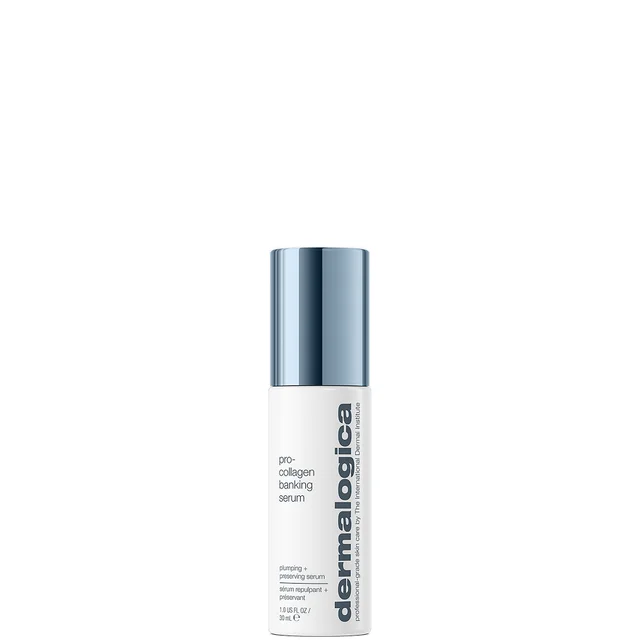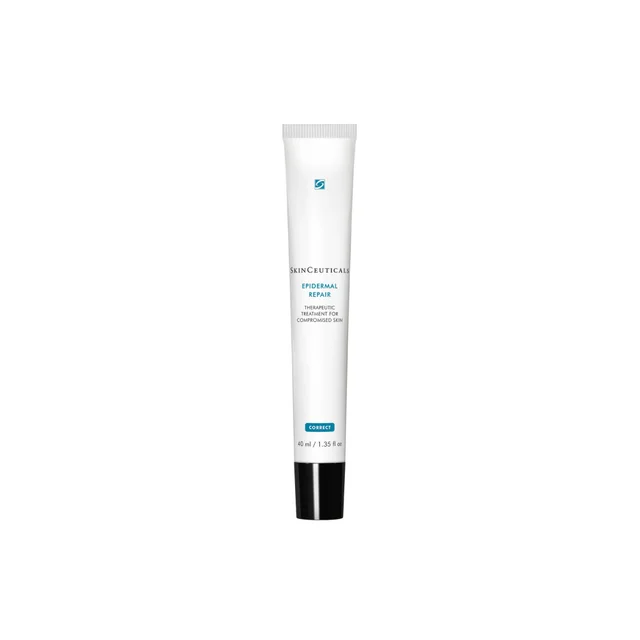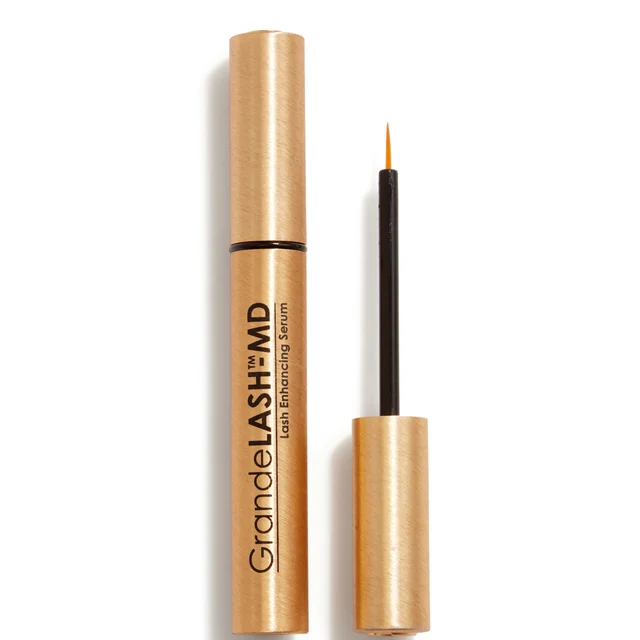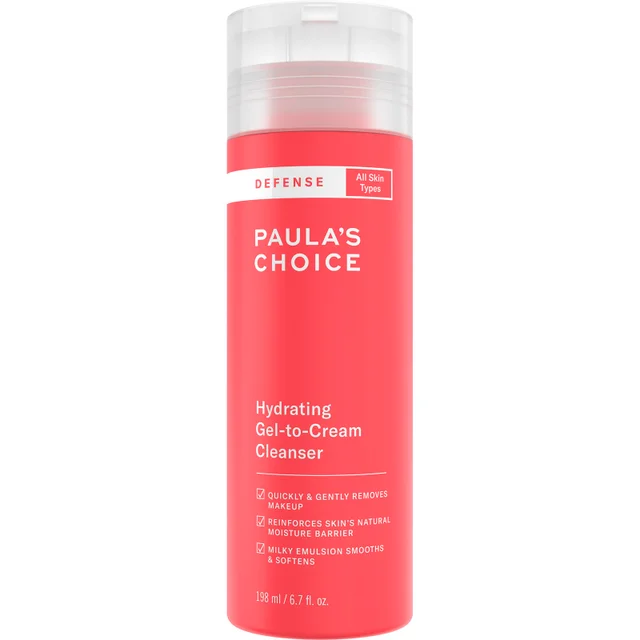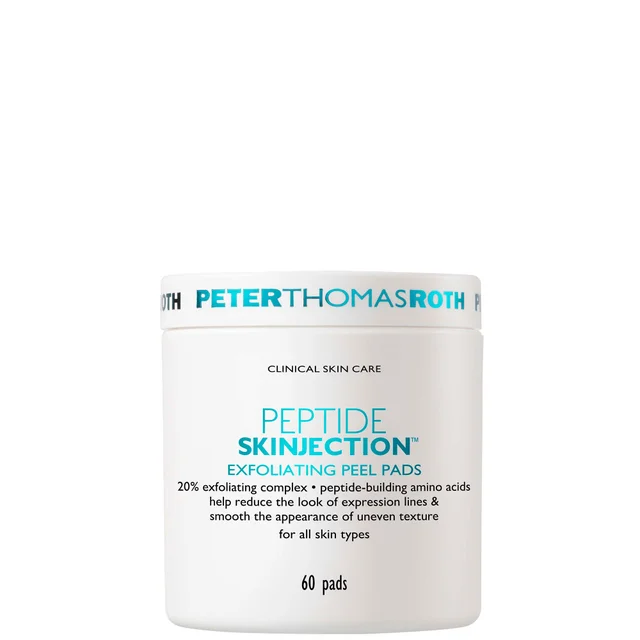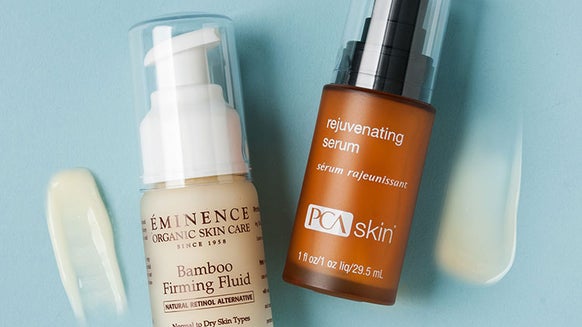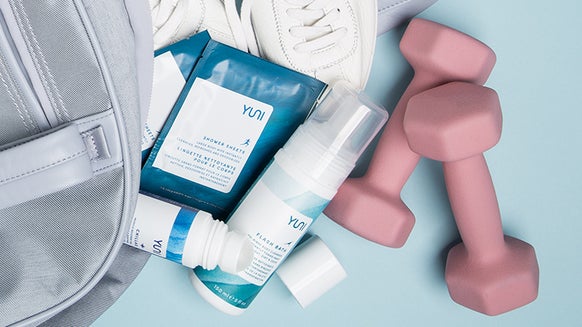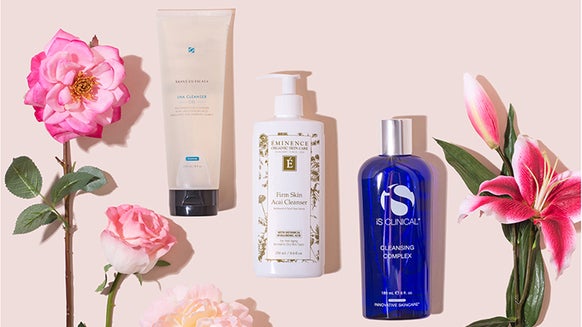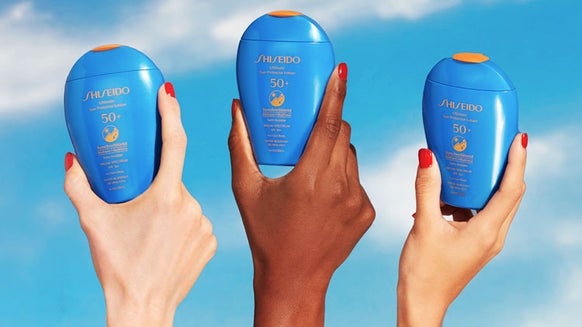What Are Amino Acids and Why Are They Important to the Skin? Our Beauty Editor Shares an In-Depth Guide
If you’ve been in the thick of the skincare game, then you know how important proteins are for skin health. Collagen, for one, is a protein molecule responsible for maintaining the skin’s structure, elasticity, and youthful appearance. But because collagen production declines as we age, it’s crucial to reinforce the skin’s ability to produce essential proteins to slow down signs of aging. That’s where amino acids come in. So, what are amino acids exactly, and what makes them super beneficial for your skin? Here’s everything you need to know.
What Are Amino Acids?
Amino acids have long been a mainstay in skincare. We know they’re great for the skin, but the whats, whys, and hows? That’s another story. So, here’s the scoop: amino acids are molecules essential in maintaining healthy bodily functions. Specifically, they are the building blocks of all proteins, including those needed by our hair and skin like keratin, collagen, and elastin. In short, without amino acids, our skin and overall health take a nosedive. Think muscle weakness and pain, mood swings, cognitive and memory issues, and a long list of skin concerns.
Lucky for us, there are hundreds of amino acids found in nature, although our body only needs 20 of them to function properly and stay in fighting form. Of these 20, 11 are produced by the body. These are known as non-essential amino acids and include alanine, arginine, asparagine, aspartic acid, cysteine, glutamic acid, glutamine, glycine, proline, serine, and tyrosine. Meanwhile, the remaining nine fall under the essential amino acids category because the body can’t make them on its own and must be acquired through diet, supplements, or topical products.
Essential amino acids—namely, histidine, isoleucine, leucine, lysine, methionine, phenylalanine, threonine, tryptophan, and valine—are primarily found in animal proteins (like meat, fish, and dairy), soy products, and grains and vegetables like quinoa, wild rice, chia seeds, celery, and cauliflower.
Benefits of Amino Acids
Each of the 20 essential and non-essential amino acids play a key part in keeping your body healthy. They help in building and repairing muscle, making hormones, absorbing important minerals, and tissue growth. Amino acids are also known to support and improve mood, metabolism, and brain functions.
When it comes to the skin, the benefits of amino acids include:
Antioxidant Properties: Not only do amino acids act as antioxidants that reduce inflammation and protect the skin from free radicals, they also support your skin’s production of its own antioxidants. Hydration and Increased Water Retention: Amino acids lock in moisture on the skin’s surface and push it into the deeper layers, ensuring that the skin stays hydrated. This improves the skin’s resilience and natural radiance and enhances its ability to retain moisture, especially when paired with water-obsessed ingredients like hyaluronic acid and glycerin. Repairing and Strengthening the Skin Barrier: By calming inflammation, supporting wound healing, and increasing hydration, amino acids help restore a weakened or damaged skin barrier. Anti-Aging: As the building blocks of all proteins in the body, enhancing collagen synthesis is one of the primary benefits of amino acids. In doing so, they help in smoothing fine lines and wrinkles and improving sagging and loss of elasticity. Promoting Cellular Repair: Aside from collagen, amino acids also help in the production of peptides, which are short-chain amino acids that, in turn, stimulate collagen production, support cell repair and regeneration, and even enhance stem cell function.
How to Use Amino Acids in Your Skincare Routine
Amino acids are present in almost every type of skincare product, so adding them to your skincare routine is a breeze. To get you started, look for creamy cleansers, moisturizers, eye creams, or serums from trusted brands with solid clinical testing. Apply morning and night after cleansing and toning to reap optimal results.
As an ingredient, amino acids are deemed generally safe for all skin types and are unlikely to cause unwanted side effects. They’re particularly great for those with sensitive skin, as amino acid-enriched formulas typically come with gentle formulations that make them ideal for skin dealing with inflammation, irritation, dryness, and sensitivity.
Best Amino Acids for the Skin
1. Arginine
A non-essential amino acid, arginine is a superstar when it comes to repairing skin damage, collagen production, wound healing, and improving skin elasticity. Its antioxidant properties help the skin fight off free radical damage and improve its defenses against ultraviolet rays.
Featured Product: Dermalogica Pro-Collagen Banking Serum
Collagen and elastin production decreases over time, causing signs of aging to gradually sneak up on your skin. This serum, however, makes sure you don’t have to worry about that anytime soon because not only does it hydrate the skin and smooth fine lines and wrinkles, it also works hard to preserve your existing collagen and slow down its decline.
Key Ingredients: Potent Pro-Collagen Preservation Complex, Collagen Amino Acids, Jojoba Ester, Polyglutamic Acid, Wild Indigo Extract, Arginine PCA, Carnosine Dipeptide, Pink Carnation Flower Extract
Skin Type: All skin types
Skin Benefits: Strengthens skin, boosts collagen, improves elasticity, and reduces fine lines
Beauty Insider Tip: Use once or twice daily to build a healthier, more youthful-looking complexion.
2. Proline
This amino acid is a standout when it comes to healing damaged skin and smoothing out signs of aging like deep lines and wrinkles and loss of elasticity—thanks to the essential role it plays in collagen synthesis and healing damaged skin.
Featured Product: SkinCeuticals Epidermal Repair
This skin-healing lotion combines a blend of peptides and amino acids, including proline, to soothe and repair damaged or compromised skin while reducing irritation and giving your complexion a shot of hydration.
Key Ingredients: Beta Glucan, Gotu Kola Extract, Sodium Palmitoyl Proline, Nymphea Alba Flower Extract
Skin Type: Dry, Mature, Normal, Sensitive
Skin Benefits: Heals damaged skin, calming inflammation, smooths wrinkles and fine lines, restores moisture
Beauty Insider Tip: This repair cream helps skin bounce back after a chemical peel, laser treatment, or microdermabrasion.
3. Aspartic Acid
Aspartic acid not only improves skin hydration, collagen production, and antioxidant protection, it also works wonders for your locks and curls. Some of its benefits include improving hair growth, texture, blood flow to the scalp, and relieving scalp irritation.
Featured Product: GRANDE Cosmetics GrandeLASH-MD Lash Enhancing Serum
Say hello to lush, dramatic lashes with this nourishing serum that strengthens and hydrates lash strands and promotes healthy growth in just four to six weeks, with full improvement in three months.
Key Ingredients: Blend of Vitamins, Amino Acids, and Peptides
Skin Type:
Skin Benefits: Hydrates and strengthens lashes, promotes naturally longer and thicker lashes, ophthalmologist-tested
Beauty Insider Tip: Apply nightly to the lash line to achieve longer, fuller lashes over time.
4. Glycine
Aside from being a key player in collagen production and skin repair, glycine also improves cell regeneration and the skin’s ability to retain moisture, resulting in smoother fine lines and a plump complexion.
Featured Product: Paula’s Choice DEFENSE Hydrating Gel-to-Cream Cleanser
This gentle cleanser is all about transformations—whether with its gel-to-cream formula or revealing a refreshed, brighter, and dirt- and grime-free complexion without having to worry about stripping your skin.
Key Ingredients: Antioxidants, Amino Acids, Lactic Acid, Azelaic Acid
Skin Type: Normal
Skin Benefits: Hydrates and restores moisture; removes makeup, dirt, and excess oil; protects against pollutants
Beauty Insider Tip: Repeat cleansing or use a wet washcloth to remove heavy, hard-to-budge makeup.
5. Histidine
Boasting of antioxidant properties, histidine addresses and soothes inflammation while protecting the skin from irritation, free radical damage, and environmental stressors.
Featured Product: Medik8 Hydr8 B5 Intense Serum
Best for dehydrated or sensitive skin, this supercharged version of Medik8’s cult-fave serum floods the skin with multi-weight hyaluronic acid and natural moisturizing factors to ensure deep, long-lasting hydration.
Key Ingredients: Natural Moisturizing Factors, Hyaluronic Acid, Vitamin B5, Saskatoon Berry
Skin Type: All skin types
Skin Benefits: Replenishes moisture, boosts the skin’s natural hyaluronic acid levels, delivers long-lasting and instant hydration, plumps and smooths
Beauty Insider Tip: Apply six drops morning and evening across face, neck, and decolletage and allow to absorb before moving on to your moisturizer.
6. Lysine
One of the most versatile amino acids, lysine supports skin repair, strengthens the skin’s surface, improves firmness and sagging, and refines visible signs of aging. It also has antiviral properties, making it an important component in maintaining the body’s overall health.
Featured Product: Allies of Skin Tranexamic and Arbutin Advanced Brightening Serum
Powered by high-performing adaptogens and ultra-potent active ingredients, this serum lets you achieve that luminous, lit-from-within glow—without exfoliation—while beefing up your skin’s natural barrier.
Key Ingredients: Tranexamic Acid 3%, Niacinamide 5%, Mushroom Complex 5%, Alpha Arbutin 2%, 6 Brighteners and Peptides
Skin Type: All Skin Types
Skin Benefits: Brightens dark spots, firms and evens skin, reduces fine lines and wrinkles, strengthens skin barrier, imparts a dewy glow
Beauty Insider Tip: This serum works great for all skin types, especially those dealing with stubborn pigmentation, sensitivity, and dullness.
7. Serine
As a non-essential amino acid, serine occurs naturally in the body and supports the skin’s natural moisturizing factor. It helps replenish lost nutrients and moisture, improves skin structure for a more youthful appearance, and serves up ample hydration while enhancing the skin’s moisture retention ability.
Featured Product: Murad Nutrient-Charged Water Gel
For parched skin in need of intense hydration, this oil-free moisturizer harnesses the power of peptides, minerals, and antioxidants to moisturize and protect the skin while tackling signs of aging.
Key Ingredients: Peptides, Vitamin E, Minerals
Skin Type: All Skin Types
Skin Benefits: Hydrates and locks in moisture, strengthens skin barrier, protects from free radicals, refines signs of aging
Beauty Insider Tip: Clinical tests show that in just three weeks of consistent use, this serum instantly hydrates and improves moisture retention for up to five days.
8. Leucine
Aside from supporting protein synthesis, leucine also aids in tissue repair. Its reparative properties help accelerate skin healing and reduce inflammation while targeting fine lines and promoting a firmer, younger-looking visage.
Featured Product: Peter Thomas Roth Peptide Skinjection Exfoliating Peel Pads – Pack of 60
Powered by advanced exfoliating acids, antioxidants, and amino acids, these peel pads enhance and amplify your skin’s absorption of skincare products while gently buffing and polishing the skin’s surface. Its skin-renewing formula targets expression lines, emerging wrinkles, irritation, and texture, revealing a smoother, luminous, and more youthful complexion.
Key Ingredients: 20% Exfoliating Complex of Phytic Acid, Salicylic Acid, and Sodium Lactate; Vitamin E, Green Tea, Chamomile
Skin Type: All skin types
Skin Benefits: Exfoliates, reduces dryness, enhances absorption, targets dynamic lines and new wrinkles
Beauty Insider Tip: New users can start with once-a-week application, or three times depending on the skin’s tolerance. Once fully acclimated, these pads can be used daily. Leave on for up to three minutes before rinsing.
Ingredients to Pair with Amino Acids
Amino acids work synergistically with other ingredients to address a wide range of skin concerns, from skin repair and hydration to addressing texture irregularities and signs of aging. Some of the best ingredients to combine with amino acids include:
Hyaluronic Acid: A powerhouse humectant, hyaluronic acid draws moisture into the skin and complements amino acids by amping up hydration and promoting a plump appearance. Vitamin C: This A-list antioxidant is known for boosting collagen production and brightening the skin, enhancing the benefits of amino acids in improving radiance and smoothing tone and texture. Retinol: An anti-aging rockstar, retinol works by stimulating collagen production and supporting cell regeneration. It’s the perfect partner for amino acids like glycine and proline, which are known for helping with skin repair and refining skin texture. Niacinamide: Like amino acids, niacinamide soothes inflammation, boosts hydration, supports the skin barrier, and acts as an antioxidant.
Peptides vs. Amino Acids
Peptides and amino acids often find themselves together in skincare formulas, and for good reason. Peptides are short chains of amino acids that perform several skin-enhancing functions, including signaling the skin to produce more collagen, transporting wound-healing nutrients, strengthening the skin barrier, and minimizing the look of fine lines and wrinkles. Amino acids, on the other hand, are the primary components of peptides, which are created through a process called peptide bond formation. Amino acids work on the surface of the skin to boost hydration and collagen production, while peptides penetrate deeper into the skin’s layers to help with skin regeneration and signs of aging.
Do Amino Acids Help with Skin Pigmentation?
Although they’re not a magical cure for dark spots, amino acids can be helpful in tackling hyperpigmentation by promoting skin regeneration, cell turnover, and collagen production—especially when combined with other brightening ingredients like vitamin C and niacinamide. Likewise, their hydrating properties improve the skin’s moisture levels and smooths texture, which can make dark spots and hyperpigmentation less noticeable.
FAQs
Which Amino Acids are Best for Anti-Aging?
While all essential and non-essential amino acids are crucial for maintaining skin health, some of them are a bit more effective in targeting signs of aging. Proline, glycine, and serine target deep fine lines, improve skin elasticity and sagging, support skin repair, and keep your skin plump and hydrated for a more youthful appearance.
Can You Use Hyaluronic Acid and Amino Acids Together?
Definitely! Hyaluronic acid and amino acids make up one of the best skincare combos as both ingredients excel in hydrating the skin and boosting moisture retention, supporting barrier function, and keeping the skin looking plump, refreshed, and naturally radiant.
Do Amino Acids Help Crepey Skin?
Crepey skin appears wrinkled, thin, and loose, and is primarily caused by sun damage and collagen and elastin decline due to aging. Amino acids can help improve crepiness over time by helping the skin pump out more collagen, improving skin elasticity, and supporting its ability to repair itself.
The Bottom Line
What are amino acids, you ask? They’re the ultimate skincare heroes tasked with providing the building blocks for proteins and peptides, helping with boosting hydration and moisture retention, skin repair, collagen production, and improving firmness, fine lines and wrinkles, and elasticity. Amino acids are grouped into two types—essential and non-essential—but each of them is crucial in ensuring your skin and hair stay in top shape, particularly arginine, lysine, glycine, proline, histidine, leucine, serine, and aspartic acid. When used with ingredients like hyaluronic acid, niacinamide, vitamin C, retinol, and peptides, amino acids can give your skin the ultimate glow-up.

Janeca Racho is a Journalism graduate with over 15 years of writing experience. After getting her start in public relations and advertising, she made the switch to freelance writing and began working for various lifestyle, fashion, and travel brands. Her love for all things skincare has led her to beauty reporting and research for the last ten years. Writing for several hair and beauty blogs, she reports on anti-aging staples, trending brands and products, must-have ingredients, and health and wellness.
